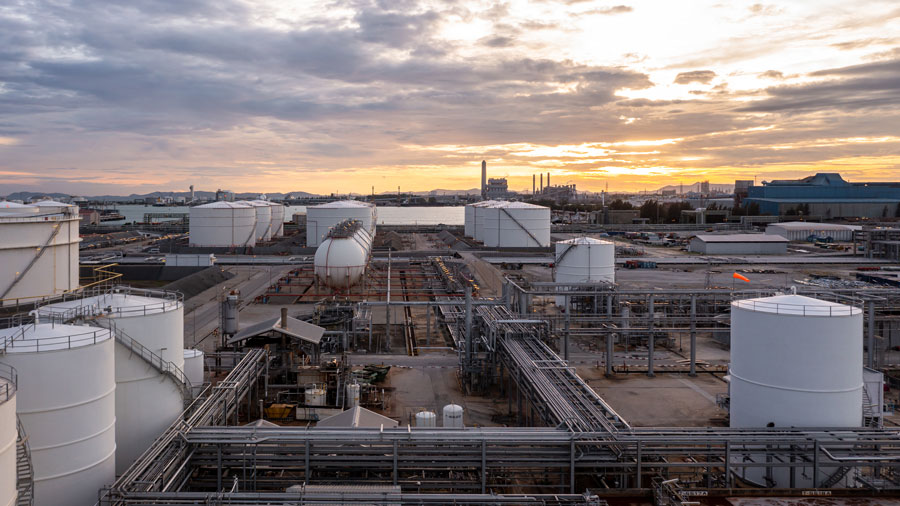API 510 Pressure Vessel Inspection
Lorem ipsum dolor sit amet, consectetur adipiscing elit. Ut elit tellus, luctus nec ullamcorper mattis, pulvinar dapibus leo.
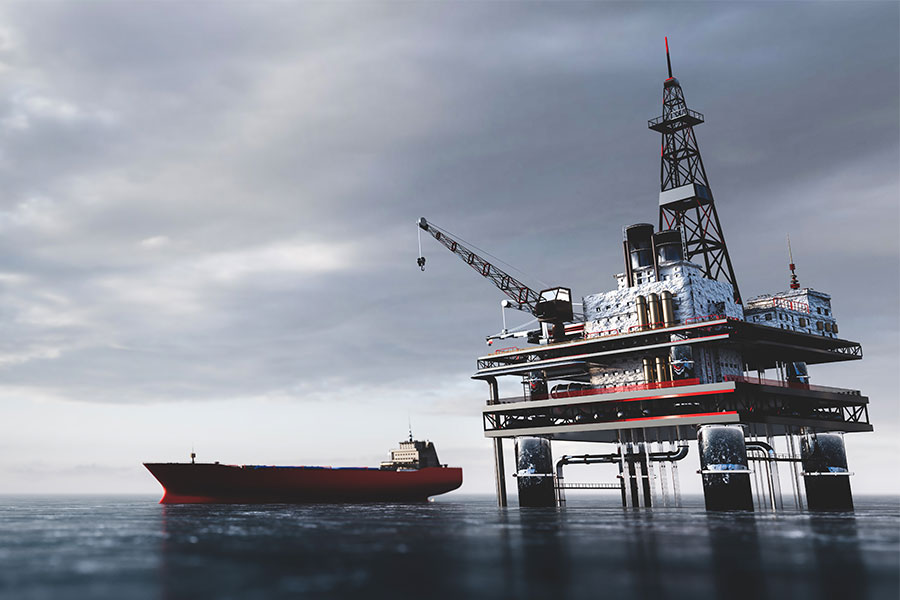
Deep Sea Drilling Project
Lorem ipsum dolor sit amet, consectetur adipiscing elit, sed do eiusmod tempor incididunt ut labore et dolore magna aliqua.Ultrices neque ornare aenean euismod elementum nisi. Cursus sit amet dictum sit amet justo donec enim diam. Aenean vel elit scelerisque mauris pellentesque pulvinar pellentesque habitant morbi. Velit laoreet id donec ultrices tincidunt arcu non sodales neque.
Elit ullamcorper dignissim cras tincidunt. Porta non pulvinar neque laoreet suspendisse interdum consectetur libero. Ut eu sem integer vitae justo eget. Porttitor rhoncus dolor purus non enim praesent elementum facilisis. Nulla porttitor massa id neque aliquam vestibulum morbi blandit cursus. Faucibus interdum posuere lorem ipsum.
Proin sagittis nisl rhoncus mattis rhoncus urna neque viverra justo. Ipsum consequat nisl vel pretium lectus quam. Enim sit amet venenatis urna cursus eget nunc. Id interdum velit laoreet id. Pellentesque habitant morbi tristique senectus et. Non pulvinar neque laoreet suspendisse interdum consectetur libero id faucibus. Pellentesque sit amet porttitor eget dolor morbi non arcu. Habitant morbi tristique senectus et netus et malesuada.
- Lorem ipsum dolor sit amet, consectetur adipiscing elit, sed do eiusmod tempor
- Ultrices neque ornare aenean euismod elementum nisi. Cursus sit amet dictum
- Aliquam malesuada bibendum arcu vitae. Aenean vel elit scelerisque mauris pellentesque
Lorem ipsum dolor sit amet, consectetur adipiscing elit, sed do eiusmod tempor incididunt ut labore et dolore magna aliqua.Ultrices neque ornare aenean euismod elementum nisi. Cursus sit amet dictum sit amet justo donec enim diam. Aenean vel elit scelerisque mauris pellentesque pulvinar pellentesque habitant morbi. Velit laoreet id donec ultrices tincidunt arcu non sodales neque.
Elit ullamcorper dignissim cras tincidunt. Porta non pulvinar neque laoreet suspendisse interdum consectetur libero. Ut eu sem integer vitae justo eget. Porttitor rhoncus dolor purus non enim praesent elementum facilisis. Nulla porttitor massa id neque aliquam vestibulum morbi blandit cursus. Faucibus interdum posuere lorem ipsum.
Proin sagittis nisl rhoncus mattis rhoncus urna neque viverra justo. Ipsum consequat nisl vel pretium lectus quam. Enim sit amet venenatis urna cursus eget nunc. Id interdum velit laoreet id. Pellentesque habitant morbi tristique senectus et. Non pulvinar neque laoreet suspendisse interdum consectetur libero id faucibus. Pellentesque sit amet porttitor eget dolor morbi non arcu. Habitant morbi tristique senectus et netus et malesuada.
How It Works
Business Strategies
Lorem ipsum dolor sit amet, consectetur adipiscing elit.
1
STEP 1
Exploration and drilling
Lorem ipsum dolor sit amet, consectetur adipiscing elit.
2
STEP 2
Refining and processing
Lorem ipsum dolor sit amet, consectetur adipiscing elit.
3
STEP 3
Transportation & distribution
Lorem ipsum dolor sit amet, consectetur adipiscing elit.
Success Stories
Our Proudest Accomplishments
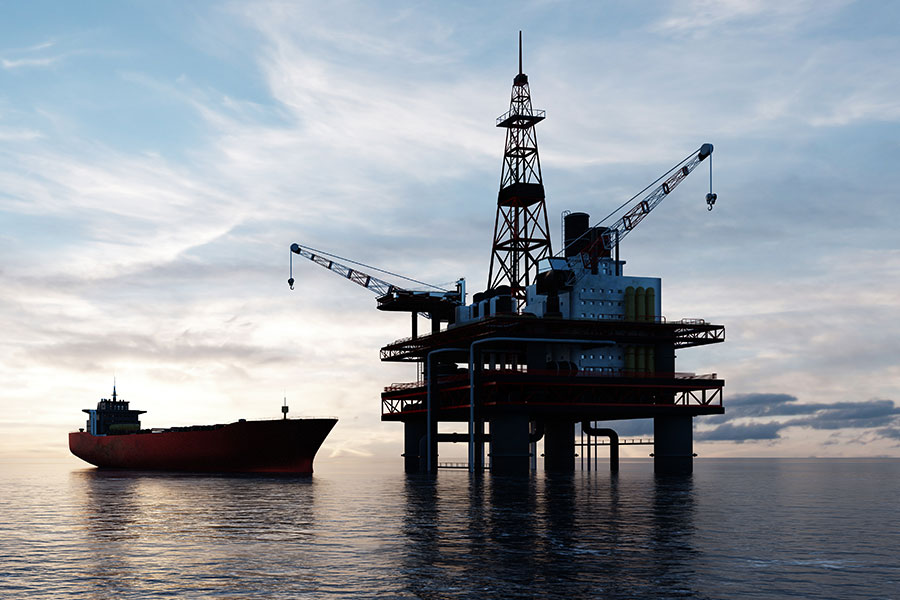
Lorem ipsum dolor sit amet, consectetur adipiscing elit, sed do eiusmod tempor.
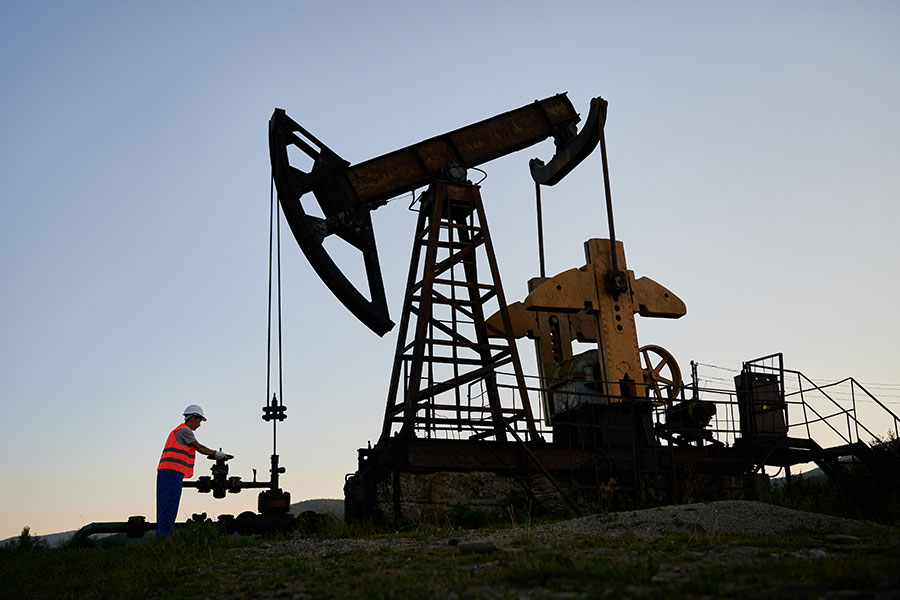
Lorem ipsum dolor sit amet, consectetur adipiscing elit, sed do eiusmod tempor.
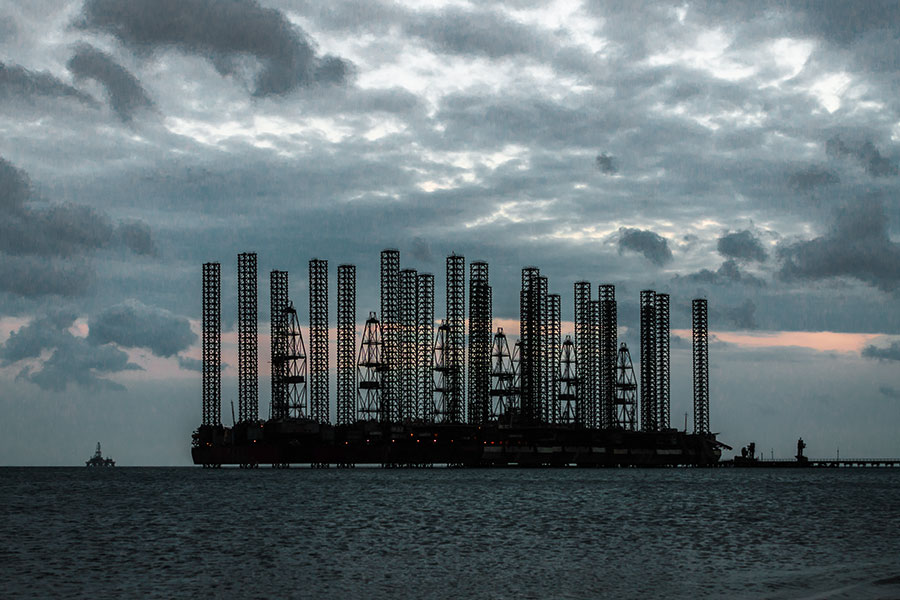
Lorem ipsum dolor sit amet, consectetur adipiscing elit, sed do eiusmod tempor.
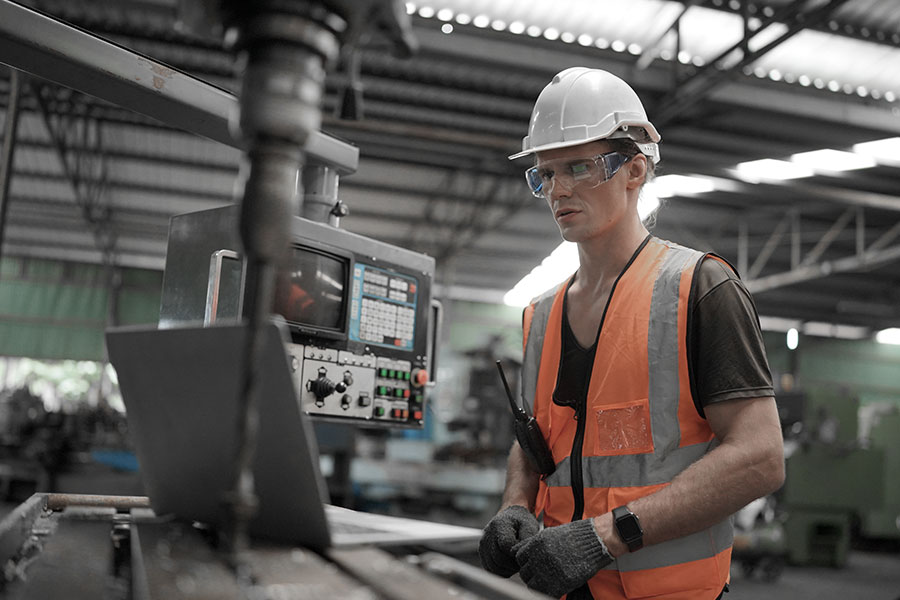
Lorem ipsum dolor sit amet, consectetur adipiscing elit, sed do eiusmod tempor.
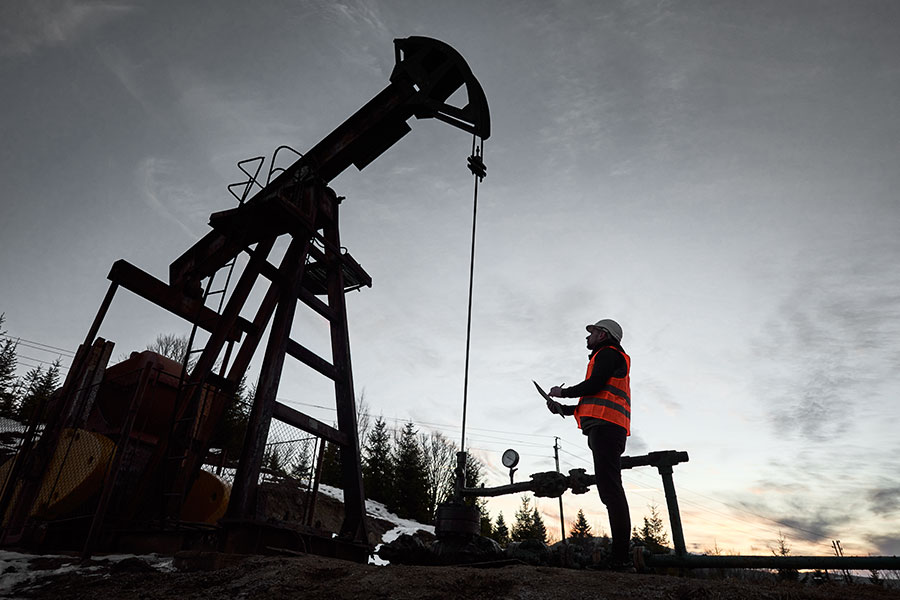
Lorem ipsum dolor sit amet, consectetur adipiscing elit, sed do eiusmod tempor.

Lorem ipsum dolor sit amet, consectetur adipiscing elit, sed do eiusmod tempor.
Trusted Clients





Expertise & Experience
Shaping the Future
Cutting-edge Technology and Innovations
Lorem ipsum dolor sit amet, consectetur adipiscing elit, sed do eiusmod tempor incididunt ut labore et dolore magna aliqua. Ullamcorper sit amet risus nullam eget felis eget nunc. In fermentum et sollicitudin ac.
A Track Record of Successful Projects
Lorem ipsum dolor sit amet, consectetur adipiscing elit, sed do eiusmod tempor incididunt ut labore et dolore magna aliqua. Ullamcorper sit amet risus nullam eget felis eget nunc. In fermentum et sollicitudin ac.
